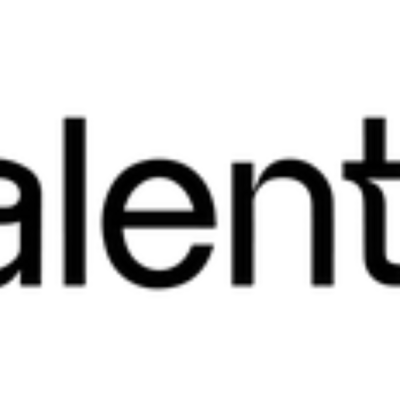America’s private equity giants have reportedly invested $162 billion in anticipation of a deal-making revival.
Apollo, Ares, KKR and Blackstone invested that amount between April and June, with Apollo making up more than 40% of the total, the Financial Times (FT) reported Sunday (Aug. 4).
The group’s executives told the FT they were preparing for an uptick in mergers and buyouts as a reduction in interest rates approaches.
“The deal market is back,” said Scott Nuttall, the co-head of KKR. “This year, we not only have an open market, we have pent-up supply of deals … coming to markets. So we are optimistic.”
According to the report, figures from data provider Preqin show that private equity firms are holding upwards of $2 trillion of dry powder, or money that has been committed but not invested. That number is down from the $3 trillion-plus figure the FT cited in May.
The report also notes that an 18-month slowdown in dealmaking triggered by the Federal Reserve’s aggressive interest rate hikes have left companies struggling to sell existing investments and return money to their backers.
Federal Reserve Chairman Jerome Powell said last week that a rate cut — the first in four years — could come in September. The Bank of England voted to cut rates last week, leading the country’s lenders to slash their costs.
There are now indications that the deal winter is beginning to thaw, the FT said, with buyout activity up 28% so far this year to $471 billion, according to data provider LSEG.
Meanwhile, PYMNTS wrote earlier this year about private equity’s push into the FinTech landscape, an area where “arguably, valuations don’t reflect the potential of changes in payments processing, and especially payments acceptance.”
This followed Canadian FinTech Nuvei’s announcement in April of a $6.3 billion buyout deal with private equity firm Advent International.
“The read across here, we note, is that a) Advent was willing to pay up and b) Nuvei sees more opportunity operating in private hands, perhaps, than might be seen operating as a publicly traded company,” PYMNTS wrote. “In the latter case, firms are marked to market each and every day, and each trading day on the exchanges can be and often is volatile.”
?>





